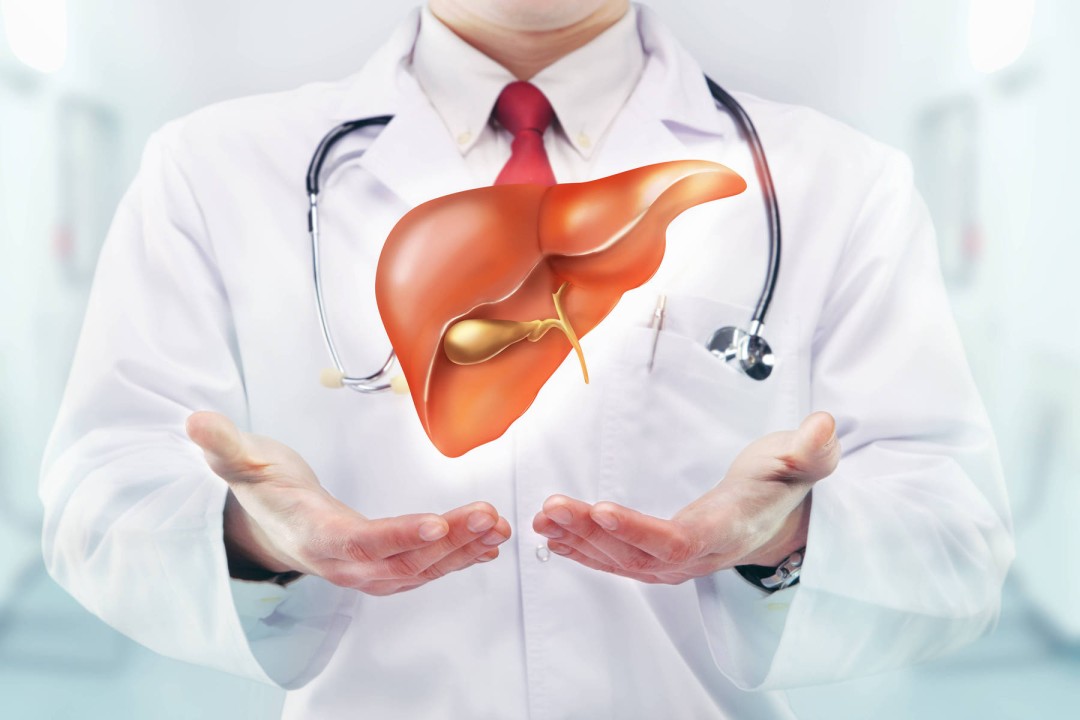Dr. Alexander Jimenez, Chiropractor & Functional Medicine Practitioner, Injury & Sciatica Specialist, discusses the role of glutathione in detoxification.
What is the Role of Glutathione in Detox?
Antioxidants like resveratrol, lycopene, vitamin C, and vitamin E can be found in many foods. However, one of the most powerful antioxidants is naturally produced by the body. Glutathione is known as the “master antioxidant”. Many foods have some glutathione but it is ultimately broken down by digestion before it can be properly used. Research studies have found that dietary glutathione isn’t associated with glutathione in the blood. As previously mentioned, glutathione is naturally produced by the body. But, if your capacity to do so is affected, it can cause a variety of health issues.
Glutathione is essential for liver detox or detoxification. Unlike other ways in which we can detox the body, scientists have demonstrated the benefits of glutathione for detoxification. It’s also necessary for healthy immune function and antioxidant defenses against free radicals. Glutathione deficiency is associated with health problems from overtraining to HIV/AIDS. In the following article, we will look at the role of this well-known amino acid in detox or detoxification. Glutathione is made up of three essential amino acids, including L-cysteine, L-glutamic acid, and glycine. It is responsible for:
- Promoting liver detox or detoxification before bile is released
- Reducing harmful components and toxins, such as peroxides
- Neutralizing free radicals and other chemicals or substances
- Cleaning out the body and supporting the immune and nervous system
What is Glutathione Responsible for in Detox?
Glutathione is essential for liver detox or detoxification. Glutathione binds to harmful components and toxins before they’re eliminated which is an important step in getting them out of your body. Glutathione may also be very essential for helping your body eliminate harmful components and toxins found in the food you eat and the environment. By way of instance, one research study found that in people who eat a lot of fish, the total amount of mercury in their bodies was associated with genes that regulate glutathione levels in the blood. The more glutathione people made, the less amount of mercury they had.
Glutathione is found in every cell and tissue of the body. However, concentrations are seven to 10 times higher in the liver than anywhere else in the body. That’s because the well-known tripeptide plays a fundamental role in the Phase II liver detoxification pathway. The Phase II liver detoxification pathway is the process of metabolizing molecules that need to be eliminated from the body. Glutathione commonly binds to these molecules to eliminate them from the body. Glutathione ultimately has the capacity to bind to harmful compounds and toxins, flagging them as hazardous.
This helps eliminate chemicals and substances, scientifically known as xenobiotics, which weren’t produced in the body. And it can identify drugs, environmental pollutants, or any number of chemicals and substances. It’s important that glutathione binds to these harmful compounds and toxins before they can bind to important cells and tissues. But the detox process isn’t complete. The next step is to turn the harmful compounds and toxins into a form that can be further metabolized and/or eliminated. Glutathione plays a role in turning fat-soluble toxins into water-soluble toxins so you can eliminate them from your body. The Phase II liver detoxification pathway involving glutathione plays physiologically essential roles in detox or detoxification. Without it, you’d probably be filled with hazardous material.
In conclusion, glutathione is essential for liver detox or detoxification. Glutathione is made up of three essential amino acids, including L-cysteine, L-glutamic acid, and glycine. Unlike other ways in which we can detox the body, scientists have demonstrated the benefits of glutathione for detoxification. As previously mentioned, it’s also necessary for healthy immune function and antioxidant defenses against free radicals. Glutathione deficiency is associated with a variety of health problems. In the article above, we looked at the role of this well-known amino acid in detox or detoxification.











